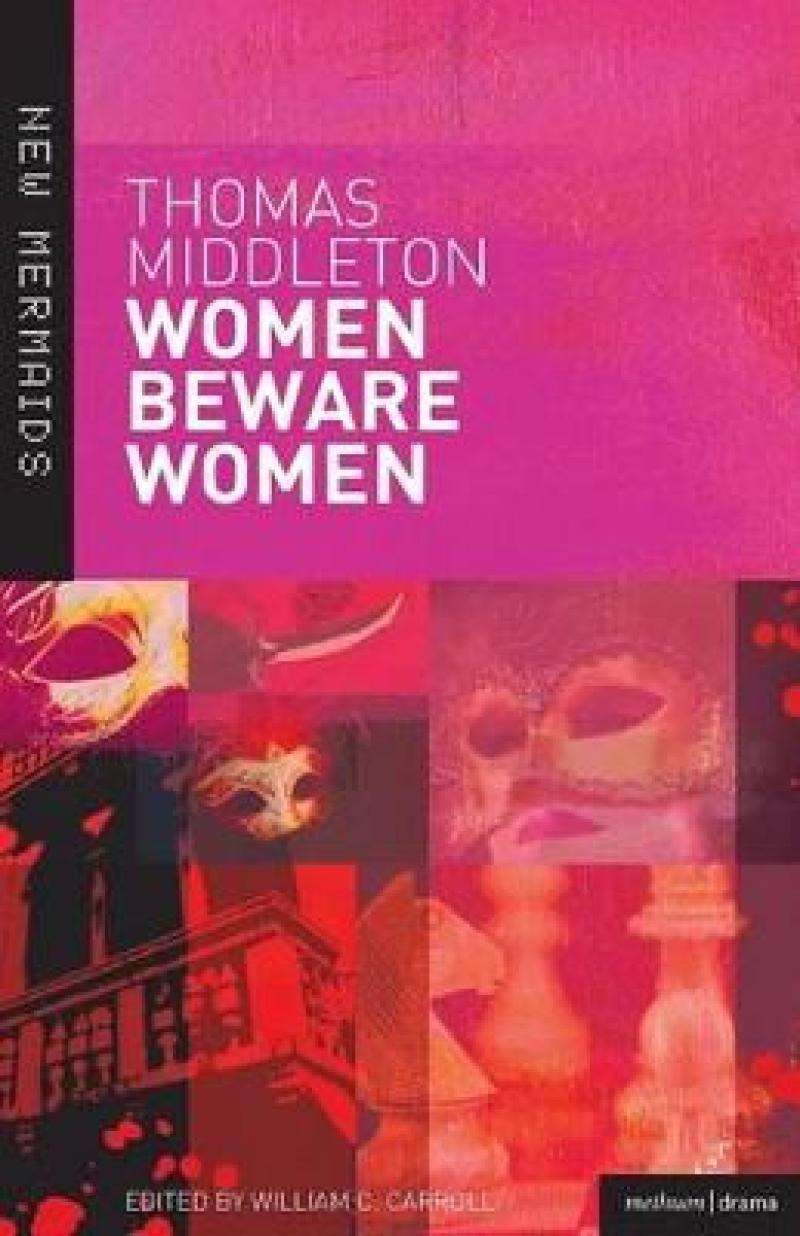Thomas Middleton's Jacobean drama spreads like a web around the the black- widow figure of Livia... it is clear that Livia's deviousness is a profoundly cynical response to the hipocrisy of a society in which women are powerless and men do as they please.' Sarah Hemming, Financial Times, 29.04.10 'Thomas Middleton's 17th- century study of self- survival and the destruction of innocence' Clare Allfree, Metro (London), 29.04.10 'A sardonic masterwork that admits one to the world of fuliginous cruelty.' Michael Billington, Guardian, 29.04.10 'Dark, decadent and immensely stylish, Women Beware Women makes you laugh even as you shiver.' Charles Spencer, Daily Telegraph, 29.04.10 'A fiercely felt, finely wrought, seldom-seen play by one of Shakespeare's contemporaries.' Susannah Clapp, Obcerver, 02.05.10
New Mermaids is a series of classic plays from the 16th to the 20th century which are presented in modernised English with on the page notes.
Teachers present editions of these plays that are perfect for students and encourage creative engagement with the text. Introductions include the latest research and critical interpretations to situate each play within contemporary culture. Editors explore the play’s language and plot through gender, sexuality, race, religion, identity, material culture and performance.
New Mermaids are printed in a clear, easy-to-use format, with notes below the text. New editions speak to students, theatre goers and actors who want to engage with classic plays as they are taught and performed across the world today.
General Editors
José A. Pérez Díez, Lecturer in Early Modern Drama, School of English, University of Leeds, UK.
Iman Sheeha, Senior Lecturer in English, Brunel University, UK.
Editorial Board
Brandi Adams, Assistant Professor, English Department, Arizona State University, USA
Francis X. Connor, Chair and Associate Professor, Department of English, Wichita State University, USA
Beth Rebecca Cortese, Assistant Professor, University of Iceland, Iceland
Ambereen Dadabhoy, Associate Professor of Literature, Harvey Mudd College, USA
Nandini Das, Professor of Early Modern English Literature and Culture, University of Oxford, UK
Tracy C. Davis, Barber Professor of Performing Arts, Northwestern University, USA
Brett Greatley-Hirsch, Professor of Renaissance Literature and Textual Studies, University of Leeds, UK
Hetta Howes, Senior Lecturer in Medieval and Early Modern Literature, City University, UK
Hassana Moosa is a Lecturer in English Literature at the University of Cape Town, South Africa
Eoin Price, Lecturer in English Literature, 1500-1650, University of Edinburgh, UK
Eleanor Rycroft, Senior Lecturer, Department of Theatre, University of Bristol, UK
